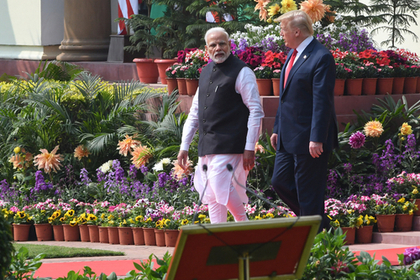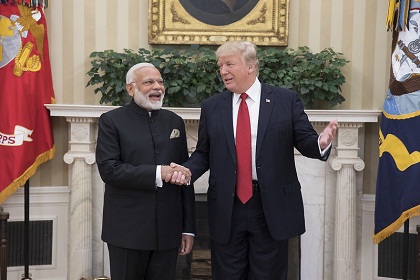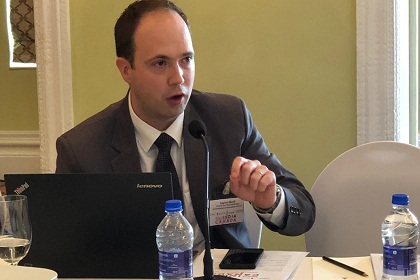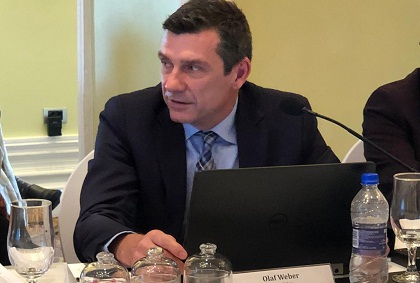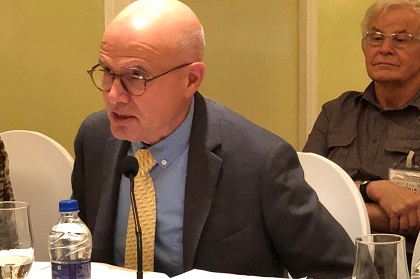The issue of Cybersecurity during COVID19
The shift towards ‘work from home’ arrangements during the coronavirus enforced lockdown, has seen a sharp rise in the number and types of cyberattacks. With attacks exploiting new vulnerabilities, a highly secure, online infrastructure is imperative for businesses to function properly. Are India’s software companies ready with solutions?





